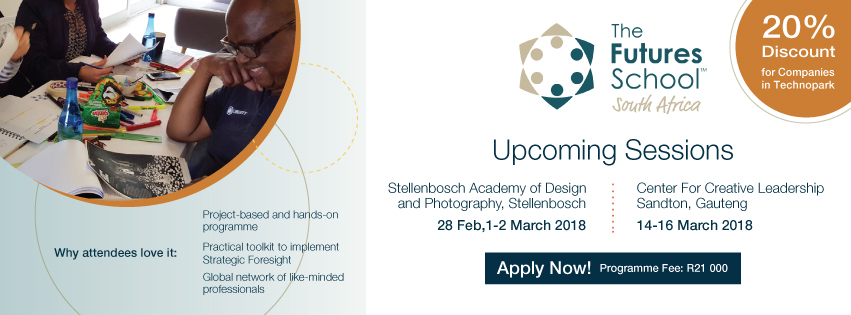Creating Strategy in a VUCA world
The ideas that have historically guided us — hierarchical structures of society and organisations, top-down governance, segmented industries, intellectual property, personal ownership — are becoming increasingly irrelevant. We have never seen the volatility, uncertainty, complexity and ambiguity (VUCA) that we are seeing today. As innovation pioneer Peter Diamandis has noted, “The first technological steps — sharp edges, fire, the wheel — took tens of thousands of years. Now, paradigm shifts occur in only a few years’ time.”1 And, technology isn’t the only arena experiencing rapid change: the unprecedented shifts seen in experiential consumption, the generational workforce, globalisation and many other areas are transforming the way organisations operate and evolve.
The acronym VUCA was coined by the US military to describe the state of the world after the Cold War. Even though the term has been used to describe our present-day business environment, we have been very slow to respond to change. Our practices are outdated and antiquated, and no longer suffice in the face of a VUCA world.
This is where you, the strategist, come in. The thought of building VUCA-ready strategy for your organisation—one that is practical and motivating—may make you feel anxious and even a little bit nauseous.
You likely have spent hours reading articles and books on Strategic Thinking and Strategic Planning. If so, you’re probably reeling from the varied and sometimes contradictory approaches from many of these “strategy gurus.”
Could it be that these approaches are trying to somehow adapt traditional strategic practices for a rapidly changing reality?
In order to create strategy that works in this VUCA world, leaders will need to answer these three critical questions:
1 Is what you’re calling strategy actually something else altogether?
Creating meaningful and effective strategy is hard, and takes a great deal of effort, time and resources. For this reason, many companies will proudly share their strategic plan with us only to reveal that the “strategy” is actually something else: the organisational mission, a vision statement and/or company goals. All of these things are extremely important, but they don’t equate to effective strategy—a purposeful plan of action—that helps an organisation accomplish said mission, vision and goals.
2 Is your strategy flexible?
As strategy leader Karl Moore noted, “It seems the relatively stable world of my corporate career has gone the way of the dodo… You must be much more fleet of foot; strategic flexibility is what we are looking for in most industries.
We should hold tight to our long-term vision, but we must be willing to let go of our rigid and linear strategies at a moment’s notice if we hope to achieve organisational visions. In our VUCA environment, strategies must contain pathways that allow us to respond to new trends or changes in values, and that promote breakthroughs to our company’s next stage of growth.
3 Is your company missing a critical step in the strategy-building process?

Many companies today have learned that Strategic Planning can only be done properly once leadership has engaged in Strategic Thinking (see graphic). Though adding the insights of Strategic Thinking to your existing Strategic Planning processes is good, it’s not enough to manage VUCA.
If Strategic Planning is the “what” of an organisation’s strategy process, and Strategic Thinking is the “how,” then Strategic Foresight is the “why” that is so critical to success in a VUCA world.
Strategic Foresight can be defined as the practice of exploring multiple alternative futures that cover a range of probable, possible, provocative and preferred outcomes. If today’s organisations are being disrupted from outside of their conventional boundaries—think of famous examples from the music industry (Apple), the automotive industry (Uber), and even finance (Blockchain)—then we must intentionally look broadly across social, technological, economic, environmental and political forces of change before we attempt to think strategically about our areas of focus, and certainly before we build any plans for our specific organisations.
If you feel stuck with your current strategic processes, then you are probably intimately familiar with at least one of the questions listed above. If you fail to address any of these questions, you are likely to experience “strategic fatigue.”
Fortunately, the cure is straightforward: determine that you are going to differentiate your strategy from your vision, create strategy flexible enough for our VUCA world and integrate the critical skillset of Strategic Foresight before you make any more plans. This may sound simple, but it will require courageous leaders who understand the necessity of reframing strategy for a brand new world.
Sources
1 https://www.huffingtonpost.com/peter-diamandis/why-tech-is-accelerating_b_8951550.html
Want to learn more? Join us at our next Future School on 28 Feb in Stellenbosch. www.thefuturesschool.co.za
The Futures School™

